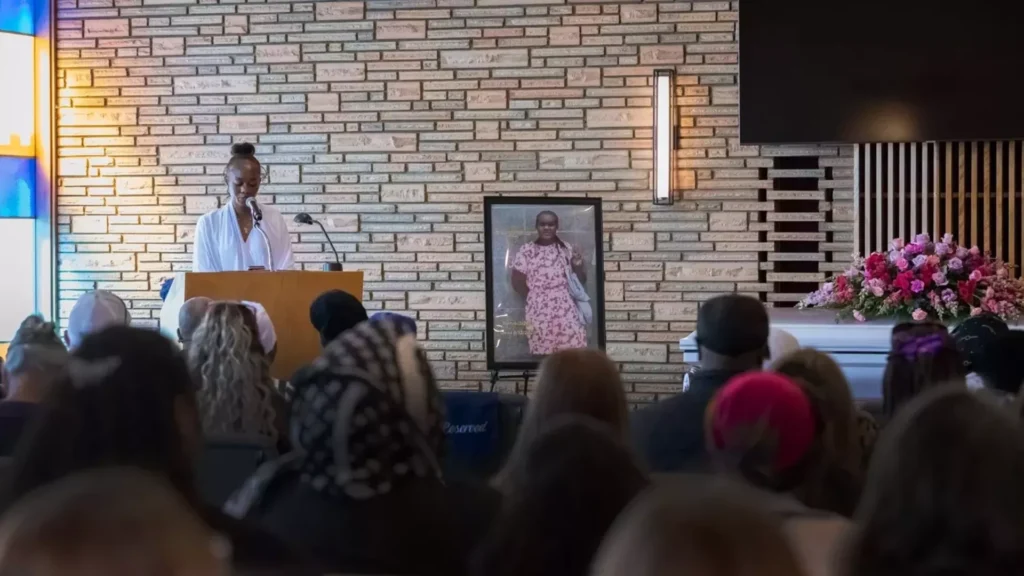How San Diego Is Rolling Out CARE Court

Voice of San Diego, by Lisa Halverstadt, August 24, 2023: San Diego County is up against the clock to implement a new state-mandated system that compels people with certain mental illnesses into care. It’s a herculean task, and one with many obstacles.
San Diego County officials have until October to stand up a new system to compel people with certain serious mental illnesses into treatment.
There’s a lot to do before then, and among the many challenges the county is up against is an undeniable obstacle: Though the program is only expected to serve a relatively small group of people, it’s likely to hammer a system that already regularly fails to deliver the right care for those who need it.
Background: Last year, Gov. Gavin Newsom and state lawmakers backed the creation of the Community Assistance, Recovery, and Empowerment Court – better known as CARE Court – which will allow family members, friends, health care providers and law enforcement to petition California courts to order care for people with untreated schizophrenia or other psychotic disorders.
It’s up to each county to investigate the person’s condition, and based on that evaluation, the courts will decide whether the candidate is a fit and to order a treatment plan for care.
The controversial state edict reflects a decades-long debate that has ratcheted up along with a recent rise in homeless Californians who appear to be languishing on the street. State officials decided courts, families, and officials needed more power to require people with serious mental illnesses to get care. It’s a population long ago served in mental institutions and later meant to access community-based treatment. Many activists oppose CARE Court.
While some leaders have touted CARE Court as a panacea for homelessness, it’s not clear what percentage of people the initiative serves will even be homeless. The number of people the county expects it to serve isn’t massive given its narrow focus on certain psychotic disorders. Yet it’s still going to be a herculean task for the county to serve CARE Court patients given the overburdened healthcare system it’ll be relying on – and if it can’t deliver that civil court-ordered care, it could face fines of up to $1,000 a day.
For now, the county’s behavioral health services director said the county roughly estimates it will receive about 1,000 petitions a year and that a judge will determine about 250 of those patients qualify for treatment. A Superior Court judge overseeing implementation of the new court system expects one of the court’s divisions to handle CARE Court petitions two days a week on top of its existing workload.
As the county hurries to make sure it can serve these patients, there is a lack of clarity, even among insiders, on how CARE Court will work and whether the already-struggling system can handle the new state mandate — just weeks before the county’s October deadline. Longstanding challenges remain with providing people with mental health conditions access to multiple levels of care due to inequities unique to the behavioral health system, workforce shortages and more. More long-term care beds are needed to house CARE Court participants, but there is a county-wide shortage. Some stakeholders are also raising concerns about whether the plan violates civil liberties.




